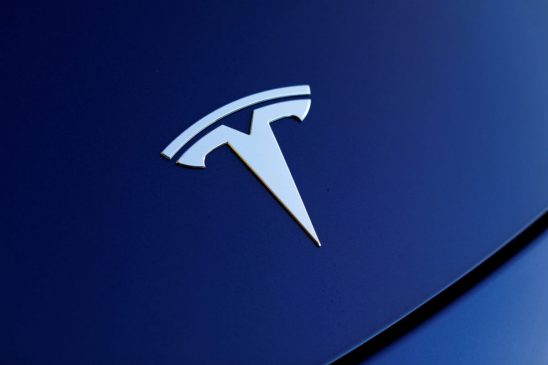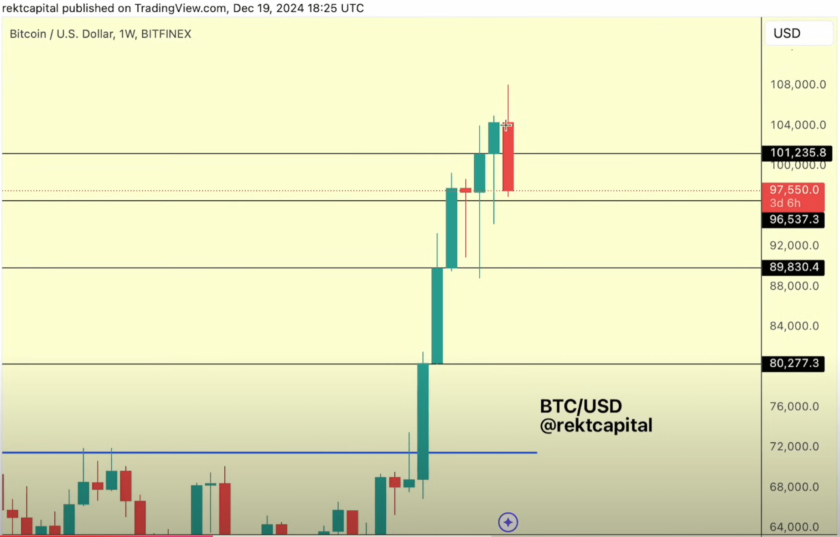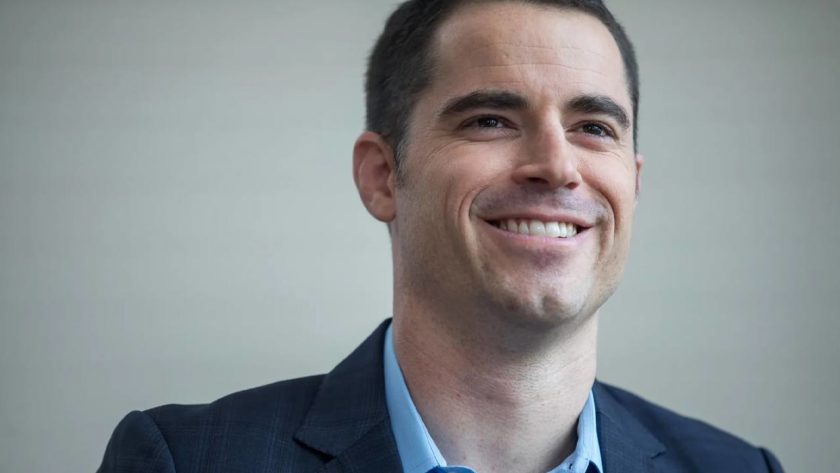- Tesla has another case of unintended vehicle acceleration on its hands, this time in the Netherlands.
- Regulators do not believe that Tesla’s explanation matches the driver’s claim, and a BMW owned affiliate wants a full explanation.
- Tesla can expect scrutiny from EU regulators as the company threatens German dominance in the region.
The specter of unintended vehicle acceleration refuses to go away for Tesla.
After wholeheartedly renouncing the allegations against its cars, Elon Musk’s EV manufacturer is now facing what Dutch authorities have called a “concrete case” against a Model 3 that injured a woman in The Hague.
Tesla Forced To Answer Complaint In The Netherlands
Het Financieele Dagblad (or the Financial Daily Newspaper) in the Netherlands reported the case, and the National Road Traffic agency (RDW) is now investigating the collision. The details of the accident are described as follows,
The Dutch incident occurred less than two months ago in The Hague. On Thursday, December 19, around a quarter to ten in the morning, a stationary Tesla Model 3 suddenly drove at high speed through a barrier for a parking lot at an office. The car hit a tree and a pole and then landed against a facade. The driver, who was slightly injured in the nose and knee…
For Tesla, the incident could be significant, as the interconnected nature of European commerce means regulators are very communicative among the member states. Should the Netherlands find a significant issue with Tesla’s cars, it is likely there would be a domino effect throughout Europe.
Tesla has responded quickly, stating that the throttle of the car was pressed three times, one time almost as hard as 40%, which implicates human error.
The RDW responded by stressing that the victim denies that she pressed the throttle as Tesla’s data describes.
What’s interesting in this case is that it comes shortly after Tesla denied any such issues for its cars. Its high tech approach to recording driver experience means that Tesla vehicles record every slight move the driver makes. In this particular case, the complaint suggests the data do not validate the driver’s experience.
Tesla Is The World’s Second Most Valuable Car Company
After a stunning rally to start the year, Tesla stock (NASDAQ:TSLA) is close to record highs with a market cap of over $130 billion. This makes it the second most valuable car company in the world behind Toyota.
Given Europe’s reliance on the automobile manufacturing industry, any accusations of problems with Tesla’s cars are going to receive an exceptional level of scrutiny. The “trade war” climate created by Donald Trump’s administration has the EU on edge, and they are unlikely to enjoy the challenge Musk is giving to the dominance of native auto giants in the region.
EU Regulators Are Unlikely To Let This Model 3 Crash Go
Unfortunately for Musk, it was as a BMW-owned affiliate called Alphabet that leased the car to the victim of the crash. It stands to reason that BMW will want to make as much hay out of this crash as possible, particularly as the most popular brand that Tesla buyers are switching from from is BMW.
The following quote in FD’s article from Alphabet definitely implies this:
It goes without saying that we take this news very seriously and consult the necessary sources to thoroughly chart the situation. We are looking into whether the Tesla in question can be read.
Whether the victim’s claims are true or not, it seems that this time a statement of denial isn’t going to get Tesla out of a meaty Dutch safety investigation. Especially when German automakers are desperate for any chance to catch up to Tesla’s dominant position in the world of electric vehicles.
This article was edited by Sam Bourgi.




